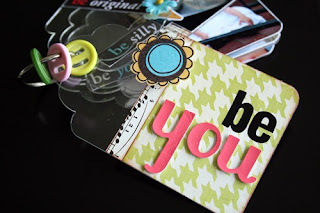The easiest business structure is to register the business under your own name and be a sole trader.
Advantages
- Easy to start-up and cheapest to maintain as you usually just need an ABN and a business name.
- Less reporting requirements because your business is reported on your own tax return.
- In some situations, losses from your business can be used to offset against your other income on your tax return.
- You are not an employee of the business so you do not have to pay superannuation, Workcover or payroll tax on your cash drawings from the business.
- It is relatively easy to close your business or change your legal structure to suit the growing needs of your business.
Disadvantages
- As the business is under your own name, it means that all your personal assets (such as your home) can be called upon to pay for your business obligations. This means you have unlimited legal liability which is a bad thing if your business can't pay its debts or bills.
- There is very limited opportunity for tax planning because your business profits must be declared on your own tax return and you have to pay tax at your personal tax rate. You cannot split income to your non-working spouse to take advantage of their lower tax bracket for example.
- Succession planning is relatively more difficult because your business will generally grind to a standstill say if you have a bad accident (knock wood) and you are not around to make business decisions.
Hopefully the above information provides you with some food for thought but you will probably notice that the disadvantages outweigh the advantages of being a sole trader. If you are thinking of buying a business or starting a new one, please contact me first because it's always better to get things...


